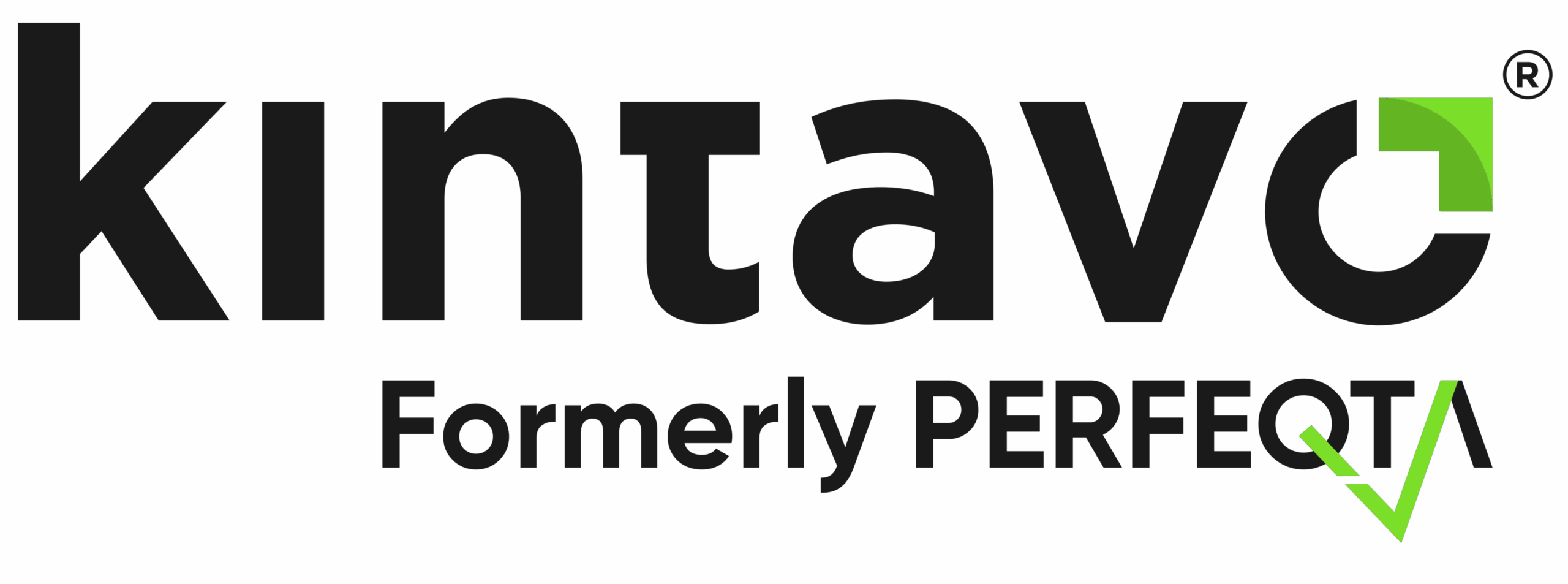Understanding ISO 15189: Ensuring Quality in Medical Laboratories

Medical laboratories play a vital role in healthcare, providing essential testing and diagnostic services that guide medical decisions and treatment.
But errors or inaccuracies in lab testing can have severe consequences for patients and care providers.
ISO 15189 is an international standard developed specifically for medical laboratories to promote accuracy, quality, and reliability in their services.
What is ISO 15189?
ISO 15189 is a standard published by the International Organization for Standardization (ISO) that specifies requirements for competence and quality in medical laboratories.
First published in 2003, ISO 15189 is the successor to the previous ISO/IEC 17025 standard that was used by medical labs.
Unlike the more generic 17025 standard, ISO 15189 is focused specifically on the unique needs and processes of medical testing laboratories.
The Scope of ISO 15189
ISO 15189 covers management and technical requirements for medical labs including:
- Organization and management responsibilities
- Personnel training and competency
- Equipment calibration and test method validation
- Pre-exam, exam, and post-exam lab processes
- Quality assurance of test results and reports
- Continual improvement protocols
The standard provides a framework for labs to demonstrate they have the quality systems in place to deliver accurate, reliable test results that meet the clinical needs of their users.
ISO 15189 Compliance Benefits
Gaining ISO 15189 accreditation provides numerous benefits for medical laboratories:
- Demonstrates competency, quality, and technical rigor to healthcare providers and patients
- Enhances operational efficiency through standardized processes
- Reduces errors and improves patient safety
- Ensures continual monitoring and improvement
- Meets regulatory and accreditation body requirements
- Provides competitive differentiation
The accreditation process requires an extensive internal and external audit by an authorized accrediting body. Accreditation must be renewed every 1-4 years depending on the accreditor.
Key Sections of ISO 15189
ISO 15189 contains sections specifying requirements across all aspects of a medical lab’s operations including:
Management Requirements – Addresses the organization, management, quality policy, document control, outsourcing agreements, external services, and more. Clear responsibilities are defined.
Resource Requirements – Covers personnel qualifications, training, competency assessment, equipment, and facilities to ensure reliability and calibration.
Process Requirements – Details pre-exam, exam, and post-exam processes such as lab instructions, sample collection, handling and transportation, test procedures, result reporting, and release of results.
Quality and Competence Requirements – Specifies quality management policies, audits, quality indicators, performance evaluations, corrective actions, preventive actions, and continual improvement mechanisms. Defines competence evaluation and monitoring.
By providing a comprehensive quality framework tailored for medical labs, ISO 15189 establishes standardized best practices to elevate quality, accuracy, and reliability in lab testing globally.
For healthcare providers and patients, accredited ISO 15189 labs offer vital assurance of professionalism and integrity in critical medical diagnostic services.
| Aspect | Description |
|---|---|
| Standard Name | ISO 15189: Medical laboratories – Requirements for quality and competence |
| Purpose | Ensures competence, consistency, and reliability in medical laboratory testing |
| Development | Established by the International Organization for Standardization (ISO) |
| Scope | Applicable to medical laboratories for testing and analysis |
| Management Requirements | Emphasizes management commitment, a quality management system, and continual improvement |
| Technical Requirements | Focuses on personnel competence, equipment, testing procedures, quality control |
| Accreditation Benefits | Enhanced patient care, global recognition, and continual quality improvement |
| Accreditation Process | Involves pre-assessment, document review, on-site assessment, and decision-making |
| Challenges | Initial resource investment, staff training, and implementing procedural changes |
| Implementation Strategies | Embrace a culture of continuous improvement, align procedures with standards |
| Future Outlook | Potential revisions to align with technological advancements and industry needs |
Implementing ISO 15189 with PERFEQTA
PERFEQTA provides an integrated platform to establish and maintain ISO 15189 conformance through:
- Document control for SOPs, policies, and forms
- Training management and competency verification
- Equipment management with calibration tracking
- Corrective and preventive action (CAPA) management
- Control of non-conformances and lab deviations
- Statistical quality control monitoring and charting
- Management of external services and suppliers
- Structured protocols for audits and inspections
- Reporting for monitoring key performance indicators
With robust tools to automate critical quality processes, PERFEQTA enables labs to effectively implement ISO 15189 standards, achieve accreditation, and demonstrate ongoing conformance over time.
To learn more about implementing ISO 15189 systems with PERFEQTA, request a demo today to see how it can establish quality and competency in your medical laboratory.


